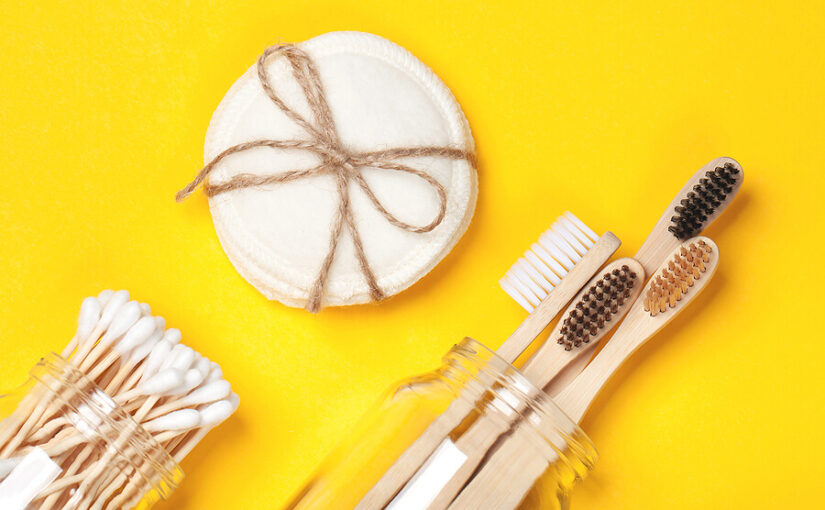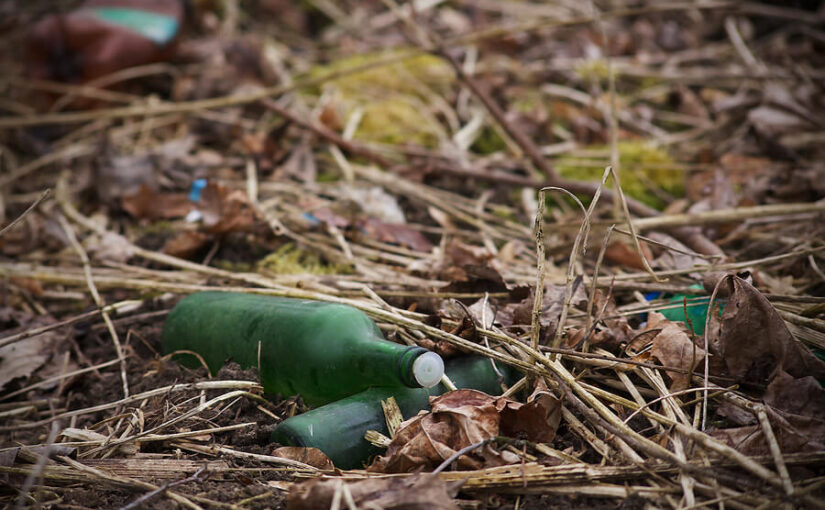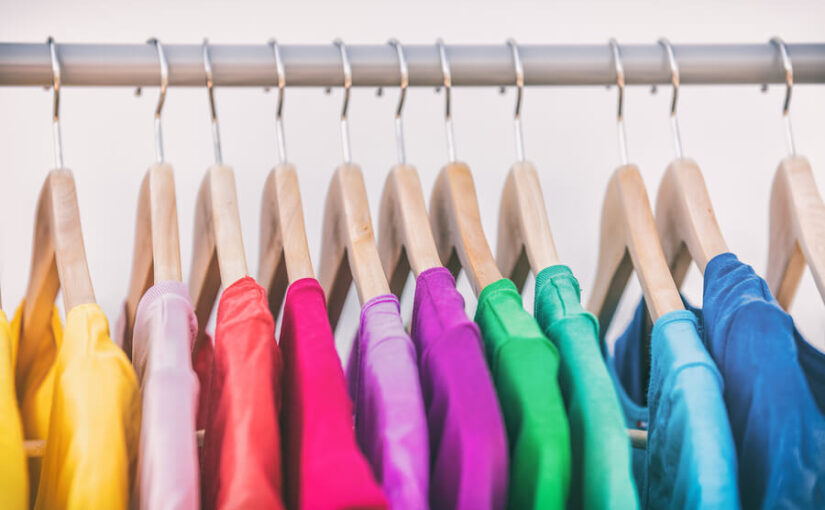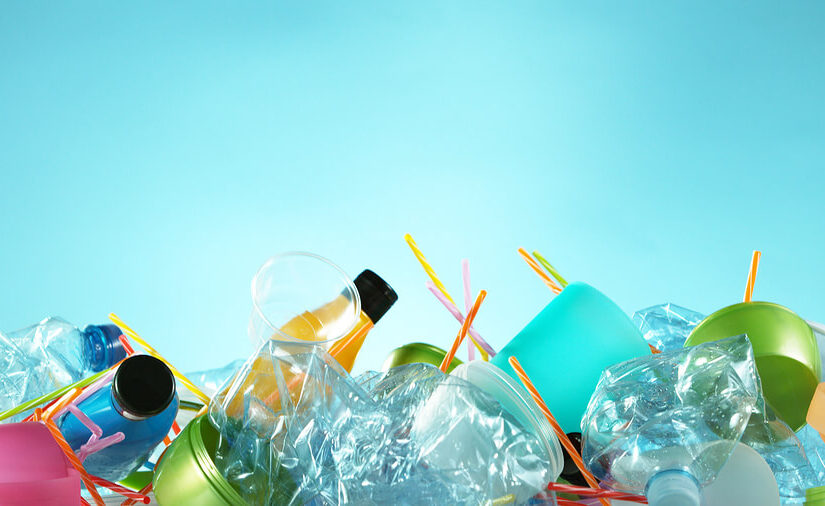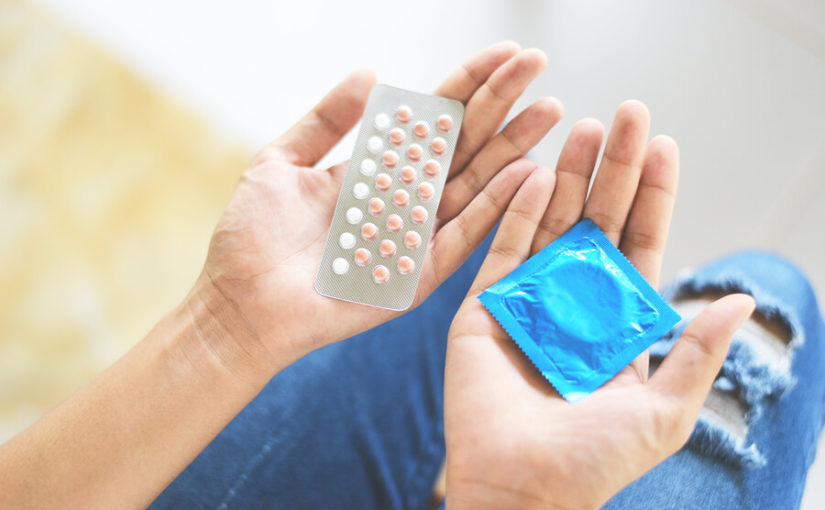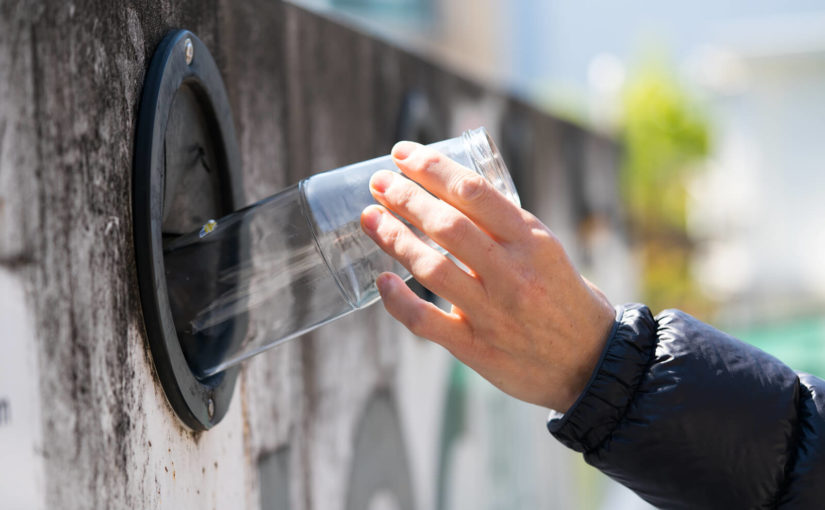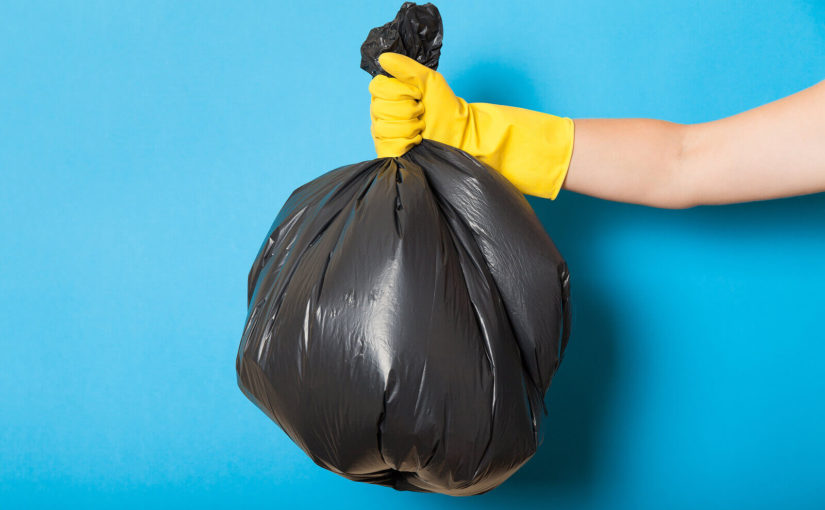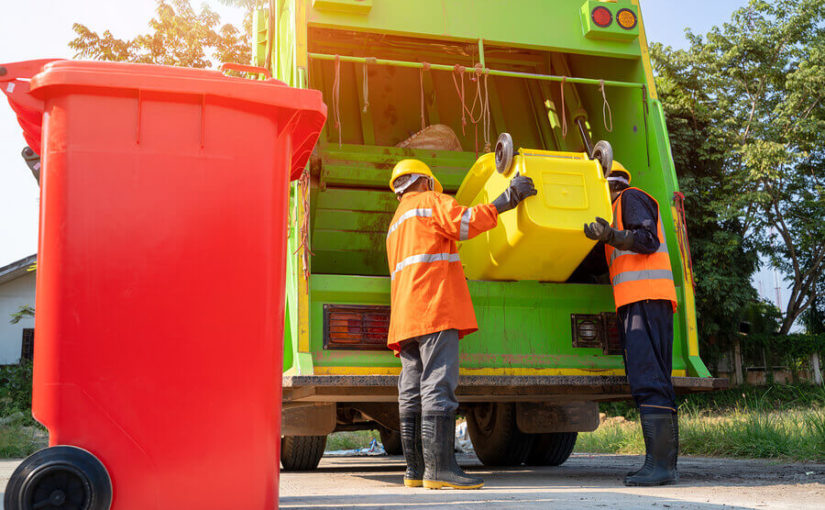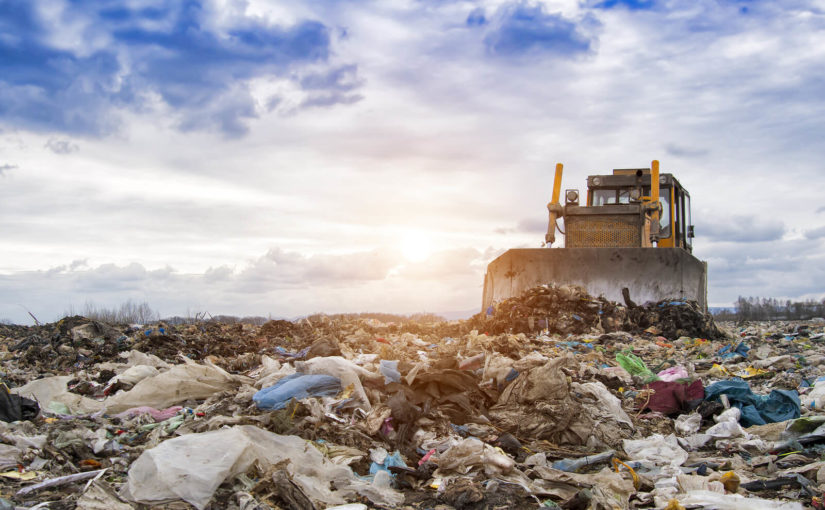With the
majority of the UK at home for the foreseeable future — whether working from
home, temporarily unemployed, or self-isolating — the amount of domestic waste
being produced by households across the country has increased dramatically.
Usually,
waste would be spread between household waste, public waste, and commercial
waste. However, at the moment, with many workplaces, public bins and recycling
centres closed, our domestic bins are filling up quicker than ever before.
In fact,
local authorities have been reporting an increase of between 20 and 50 per cent
on usual domestic waste volumes across the UK.
On top of this, councils are experiencing far higher staff absence levels than usual due to the self-isolation recommendations set by the government during the COVID-19 pandemic.
So, what impact has all of this had on the nation’s household waste collection services?
Continue reading Increase in domestic waste leads to councils burning recycling
